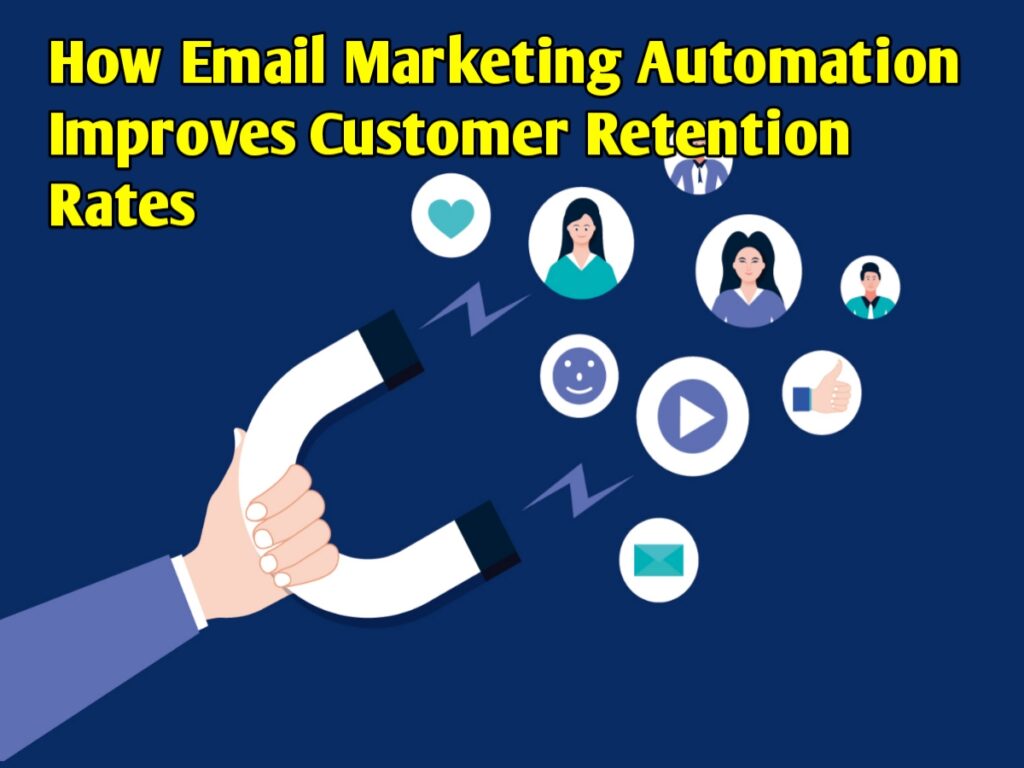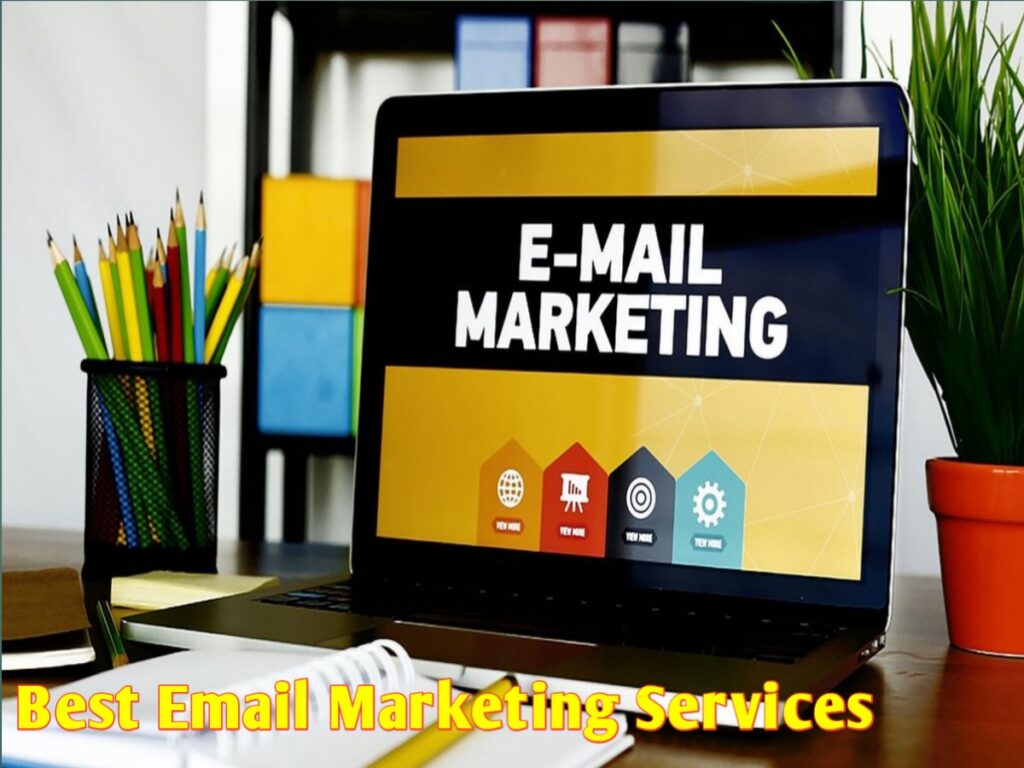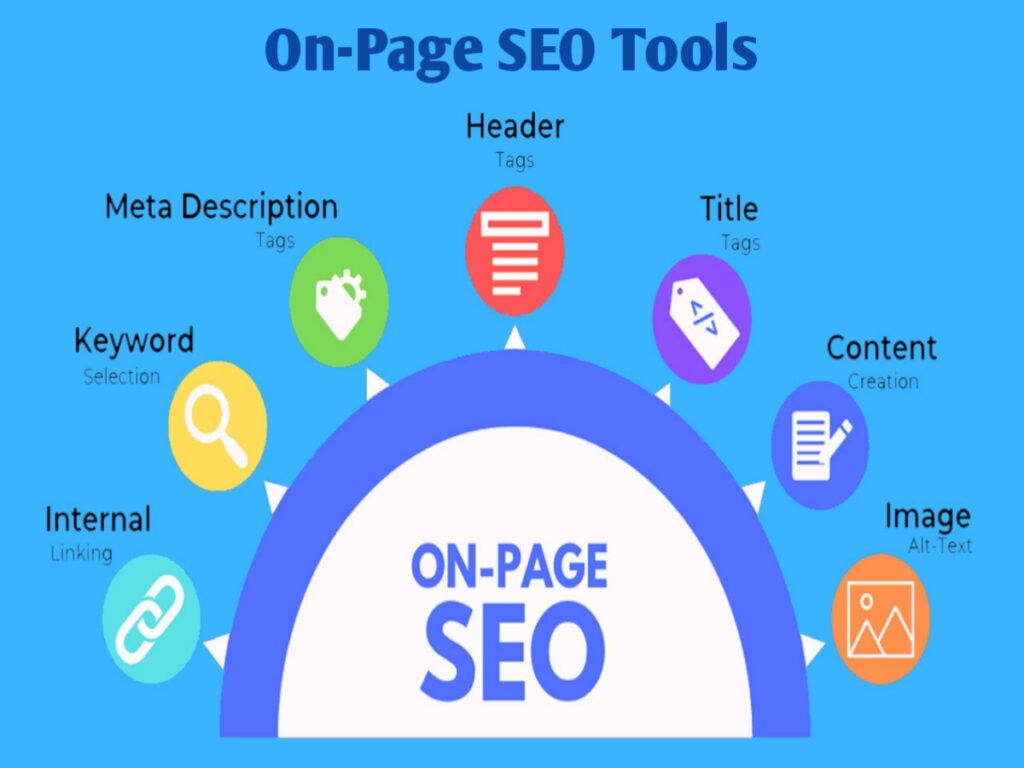In the bustling world of digital marketing, customer retention can feel like trying to catch a butterfly with a net—elusive and challenging. Yet, with the right tools and strategies, capturing customer loyalty becomes possible. Enter email marketing automation—a key player in improving customer retention rates.

Understanding Email Marketing Automation
Email marketing automation is not a buzzword; it’s a proven strategy that enables businesses to send personalized, targeted emails at scale. By automating repetitive tasks, companies can focus on crafting messages that resonate with their audience, encouraging recurring engagement.
Table of Contents
Why Does Email Marketing Automation Matter?
Imagine having a dedicated assistant who never sleeps, tirelessly working to engage your customers by sending relevant emails at the perfect time. This is what email marketing automation offers. According to ActiveCampaign, it helps keep customer data up-to-date, tracks purchase behavior, and builds loyalty programs—transforming occasional buyers into loyal patrons.
How Automation Boosts Customer Retention
Personalization at Scale
In today’s marketplace, consumers crave personalized experiences. Email marketing automation allows you to segment your audience based on their behaviors and preferences. SmartBug Media highlights that customer retention emails nurture relationships, encourage product use, and drive repeat purchases. When customers receive personalized content that speaks directly to their needs, they’re more likely to stay engaged.
Timely Engagement
Automation ensures that your communications are timely and relevant. Triggered emails, such as welcome sequences or re-engagement campaigns, are sent based on user behavior, ensuring messages arrive when they matter most. According to The CMO’s guide, integrating automation into customer retention strategies in 2024 can significantly reduce churn.
Data-Driven Decision Making
Automation tools provide powerful insights into customer behavior. By analyzing open rates, click-through rates, and purchase histories, businesses can craft more effective marketing strategies. This data-driven approach is pivotal for optimizing customer interaction and ensuring marketing efforts yield the best results.
Building Long-Lasting Relationships
Automation isn’t just about selling products but building relationships. Regularly engaging with customers through thoughtful email content reinforces brand loyalty and fosters trust. HubSpot suggests that retention-focused emails encourage continued use of your products or services, serving as a gentle reminder of the value you provide.
Recent Trends in Email Marketing Automation
Email marketing trends are continually evolving. According to Oracle’s Marketing Cloud Blog, omnichannel integration, email personalization, and the use of AI are shaping the future of email marketing automation.
Embracing AI
AI is increasingly becoming an integral part of email marketing, enabling more sophisticated personalization and predictive analytics. As TechAdv notes, AI offers capabilities like real-time data analysis, ensuring your email marketing is both efficient and effective.
Implementing Email Marketing Automation
Start with Segmentation
Don’t treat your audience like a monolithic group. Segment them based on demographics, purchase history, or engagement level. This ensures your messages are relevant to each recipient.
Craft Meaningful Content
Once segmented, ensure your content is compelling and resonates with your audience. Use storytelling to connect emotionally, and include offers or incentives to keep them interested.
Monitor and Optimize
Continuously monitor the performance of your email campaigns. Use A/B testing to discover what works best for your audience and adjust accordingly to maximize effectiveness.
Conclusion: The Future of Customer Retention
Email marketing automation is not merely a passing trend—it’s a fundamental element of modern marketing strategies. By personalizing communication, ensuring timely engagement, and analyzing data, businesses can significantly improve their customer retention rates. As trends evolve, adopting automation will continue to be pivotal for crafting lasting customer relationships in the fast-paced digital age. Leveraging these tools is not just smart—it’s essential for any business aiming to thrive in 2024 and beyond.
You may like these:
Guide to Creating Eye-Catching Google Display Ads
Boosting Customer Loyalty with Email Marketing Automation: Your Questions Answered
1. What is email marketing automation?
Email marketing automation is the use of software to automatically send personalized emails to customers based on specific triggers or actions. This helps businesses manage communication effectively, maintaining engagement without manual effort.
2. How does email marketing automation enhance customer retention?
Email marketing automation strengthens customer retention by delivering timely and relevant messages, such as personalized offers and reminders. This keeps your brand in the customers’ minds, encouraging loyalty and repeat purchases.
3. Can automated emails really make a difference in customer loyalty?
Absolutely. Automated emails that are tailored to customer preferences and behaviors can significantly increase engagement and satisfaction, fostering long-term loyalty and decreasing churn.
4. What types of emails can improve customer retention?
Welcoming emails, birthday discounts, cart abandonment reminders, and post-purchase follow-ups are types of automated emails that can enhance customer retention by building a stronger connection with the audience.
5. How personalized should automated emails be?
The more personalized, the better. Using customer data to tailor messages based on purchase history and behavior can make your emails more relevant, improving open rates and customer satisfaction.
6. Is email marketing automation only for large businesses?
Not at all. Businesses of all sizes can benefit from email marketing automation. It’s scalable, allowing small businesses to implement simple strategies and expand as needed.
7. What are the common mistakes to avoid with email marketing automation?
Avoid generic content, neglecting data privacy, and overloading customers with emails. Ensuring content relevance and respecting customer preferences are key to effective automation.
How does automation affect the workload of marketing
8. How does automation affect the workload of marketing teams?
Automation reduces repetitive tasks, freeing up marketing teams to focus on strategy and creative tasks. It allows them to manage more complex campaigns with ease, increasing efficiency.
9. Are there any risks associated with email marketing automation?
While powerful, automation risks include sending incorrect or unwanted communications due to errors in settings or data. Regular monitoring and adjustments are essential to mitigate these risks.





Pingback: Digital Marketing For Small Businesses: Boost Your Reach
If you’re running a WooCommerce store and looking for reliable, lightning-fast hosting that’s both scalable and easy to manage, I recently came across a helpful guide that dives into why Cloudways is a top choice for WooCommerce hosting. It covers everything from performance features like caching and CDN to scalability and security. Definitely worth checking out if you’re serious about speed and growth!
Top Website Security Best Practices + Why Cloudways Is Ideal – https://digitalfinds.reviewfriendly.com/website-security-best-practices/